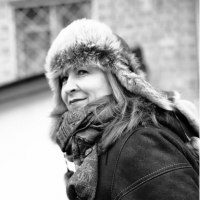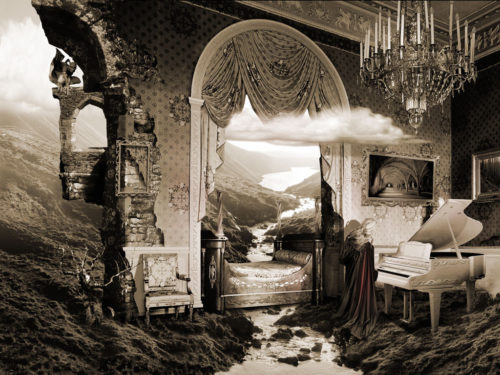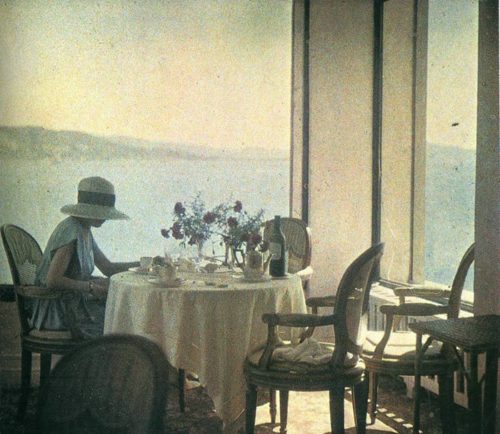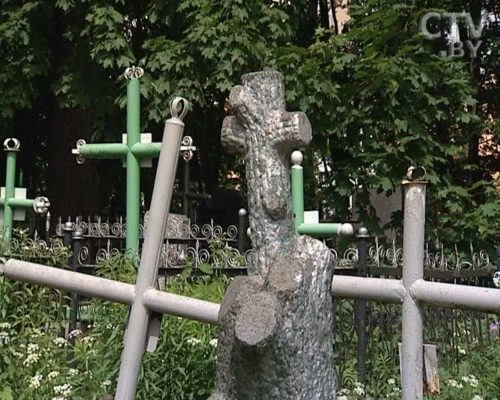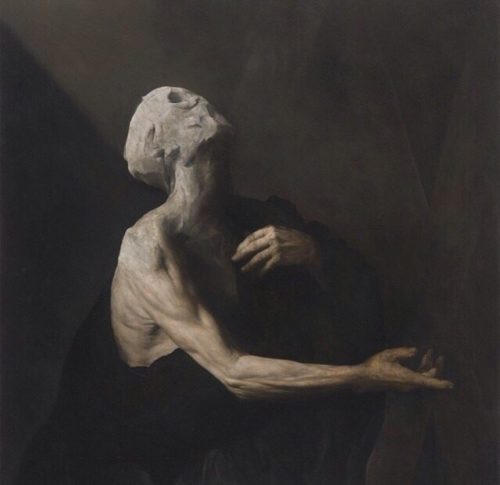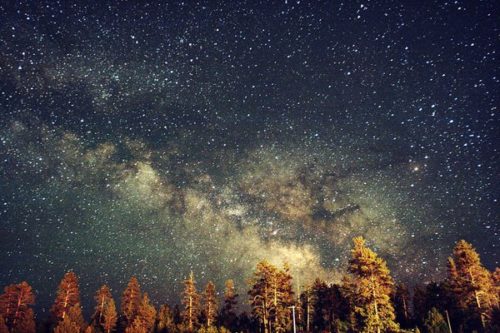Прысвячаецца надмагіллям Готланда
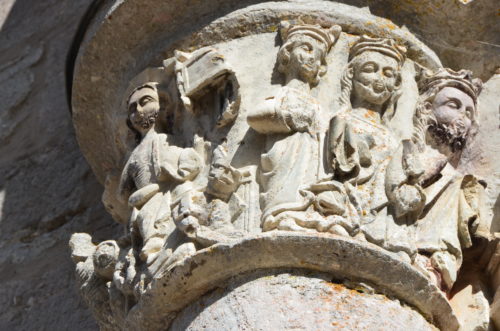
“THEY”
Poems about phobias and mania
Dedicated madmary Gotland …
They were lying on the faded grass or stood lean to the rock. Runes and Latin words on their entwined in a maze, which only wandering ghosts, archaeologists and poets. Those at the entrance to the gargoyle-clad Cathedral, or the Cathedral, rubbed to Shine thousands of soles… So need to. That’s right. As rub off names, rub off sins… I stroked the cool stone bodies and tried to unravel the signs: here’s something similar to scissors… Here to peel off a sea monster… That bends the branches of the tree, Iggdrasil… Here, on an island in the middle of the cold sea, behind the old masonry with forty-four towers, in the middle of rocks, stones and roses, what were people afraid of, that lie under these tombstones? They whispered it to me in waves, leaves, rain and gravel… They whispered to me, “don’t worry… Have no fear…”
…Яны ляжалі на выгарэлай траве ці стаялі, прыхінутыя да скалы. Руны і лацінскія словы на іх спляталіся ў лабірынты, якімі блукаюць толькі прывіды, археолагі і паэты. Тыя, што пры ўваходзе ў аблеплены гаргуллямі сабор, альбо ў самім саборы, да бляску нашараваныя тысячамі падэшваў… Так трэба. Так правільна. Як сцяруцца імёны, сцяруцца грахі… Я гладзіла прахалодныя каменныя целы і спрабавала разгадаць знакі: вось нешта падобнае да нажніцаў… Вось лупіцца марская пачвара… Вось выгінае голле дрэва, ці не Ігдрасіль… Тут, на востраве пасярод халоднага мора, за старым мурам з сарака чатырма вежамі, пасярод скал, камянёў і ружаў, чаго баяліся людзі, што ляжаць пад гэтымі надмагіллямі? Яны шапталі мне пра гэта хвалямі, лісцем, дажджом і жвірам… Яны шапталі мне – “Не бойся… Не бойся…”
ЧАЛАВЕК, ЯКІ БАЯЎСЯ СПАЦЬ ЛЕЖАЧЫ
Ён баяўся спаць лежачы, верыў – душа адляціць.
Ён грувасціў падушкі, хапаўся за вострыя думкі.

